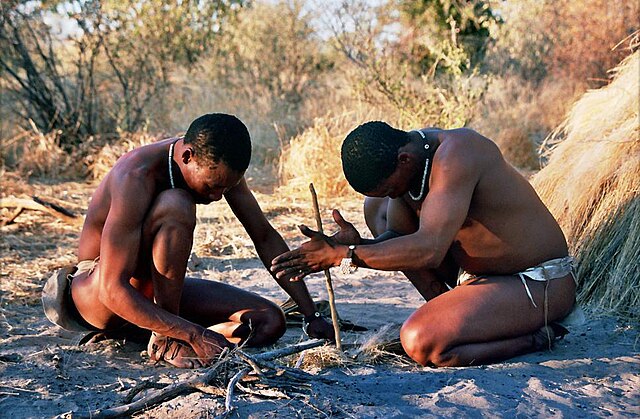Societal collapse is the fall of a complex human society characterized by the loss of cultural identity and of social complexity as an adaptive system, the downfall of government, and the rise of violence. Possible causes of a societal collapse include natural catastrophe, war, pestilence, famine, economic collapse, population decline or overshoot, mass migration, incompetent leaders, and sabotage by rival civilizations. A collapsed society may revert to a more primitive state, be absorbed into a stronger society, or completely disappear.
Destruction, from The Course of Empire by Thomas Cole (1836)
Desolation, from The Course of Empire by Thomas Cole (1836)
The Thirty Years' War devastated much of Europe and was one of the many political upheavals during the General Crisis of the Seventeenth Century, which is causally linked to the Little Ice Age.
The angel of death striking a door during the plague of Rome; engraving by Levasseur after Jules-Elie Delaunay (1828–1891).
A society is a group of individuals involved in persistent social interaction or a large social group sharing the same spatial or social territory, typically subject to the same political authority and dominant cultural expectations. Societies are characterized by patterns of relationships between individuals who share a distinctive culture and institutions; a given society may be described as the sum total of such relationships among its constituent members.
Ant social ethology: Ants are eusocial insects. The social group enables its members to benefit in ways that would not otherwise be possible on an individual basis.
José Rizal, a theorist of colonial societies
San people in Botswana start a fire by hand.
Maasai men perform adumu, the traditional jumping dance.








